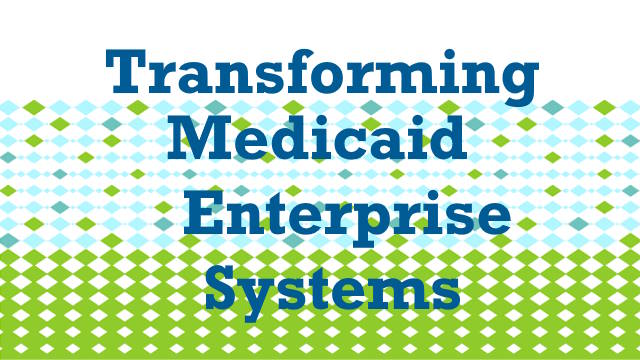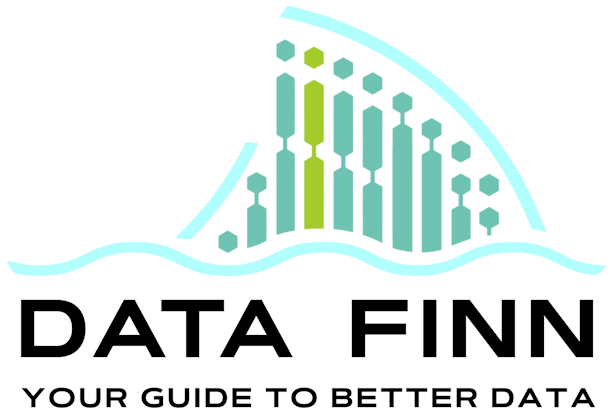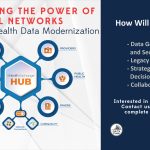
Unveiling Secret Impact: How Public Health Modernization Can Help Transform Medicaid Systems
Public health modernization initiatives are transforming the landscape of healthcare delivery in the United States, creating hidden potential value for state Medicaid programs. By updating and integrating public health data systems, enhancing data interoperability, and adopting advanced analytics, these initiatives are not only improving public health outcomes but also supporting the efficiency and effectiveness of Medicaid Enterprise Systems (MES). MES, evolving from the former Medicaid Management Information Systems (MMIS), incorporates these advancements by leveraging modern technologies to advance Medicaid administration.
The Role of the CDC & Funding Sources
Public health modernization initiatives have been driven by the Centers for Disease Control and Prevention (CDC). The CDC has recognized the need for robust, modern public health infrastructure to respond effectively to health crises and to manage ongoing public health responsibilities. Funding for these initiatives has come from various sources, including federal grants, state budgets, and special appropriations. Notably, the Coronavirus Aid, Relief, and Economic Security (CARES) Act and the American Rescue Plan Act (ARPA) have provided substantial funding to accelerate public health data system modernization.
Boosting Medicaid Success: The Key Benefits of Integrating Public Health Data Systems
When public health and Medicaid systems work together effectively, they create a powerful synergy that enhances the delivery of healthcare services and the use of Medicaid dollars. One of the primary benefits is the improvement in data accuracy and timeliness. Modernized public health infrastructure allows for real-time data collection and analysis, which is crucial for MES. Accurate and up-to-date data enables more efficient eligibility determination, ensuring that only those who meet the criteria receive benefits. Additionally, timely data helps in swift claims processing, reducing delays in payments to healthcare providers and improving overall system efficiency.
Enhanced data sharing and interoperability are key components of public health modernization. When public health systems can seamlessly exchange information with MES, it leads to better coordination of care. This is particularly important for vulnerable populations who often have complex healthcare needs. With improved interoperability, healthcare providers can access comprehensive patient records, ensuring that all aspects of a patient’s health are considered in their care plan. This not only improves health outcomes but also ensures that Medicaid dollars are used more effectively.
The integration of public health data into MES processes creates the foundation for advanced analytics for better decision-making. Advanced analytics can identify health trends and disparities, enabling targeted interventions. For instance, analytics can pinpoint areas with high rates of chronic diseases, allowing states to allocate resources more efficiently and support preventive care initiatives. By addressing health issues proactively, states can reduce long-term healthcare costs and improve the overall health of their Medicaid populations.
The Current State of Public Health Modernization & Medicaid Enterprise Systems
Public health modernization is well underway, with many states making significant progress in upgrading their data systems. The CDC has been actively working with state health departments to implement these improvements, providing technical assistance and guidance. Through the work of national organizations such as the Medicaid Enterprise Systems Community (MESC), MES projects are also advancing, supported by both state and federal investments aimed at transitioning from MMIS to more modern, modular systems. While public health modernization efforts are primarily focused on enhancing data infrastructure and interoperability, MES work is centered on integrating these improvements to optimize Medicaid operations and care delivery.
Continued Advancement & Connectivity
Public health modernization initiatives are crucial for the evolution of Medicaid Enterprise Systems and the effective delivery of Medicaid benefits. By enhancing data accuracy and timeliness, improving care coordination, and leveraging advanced analytics, these initiatives ensure that Medicaid dollars are used efficiently to improve health outcomes. Furthermore, as these modernized systems align with national frameworks like the Trusted Exchange Framework and Common Agreement (TEFCA), they pave the way for a more integrated and effective healthcare system in the United States. The result is a healthcare environment where patient data is accessible, secure, and used to deliver the best possible care, ultimately leading to a healthier population and a more sustainable healthcare system.






